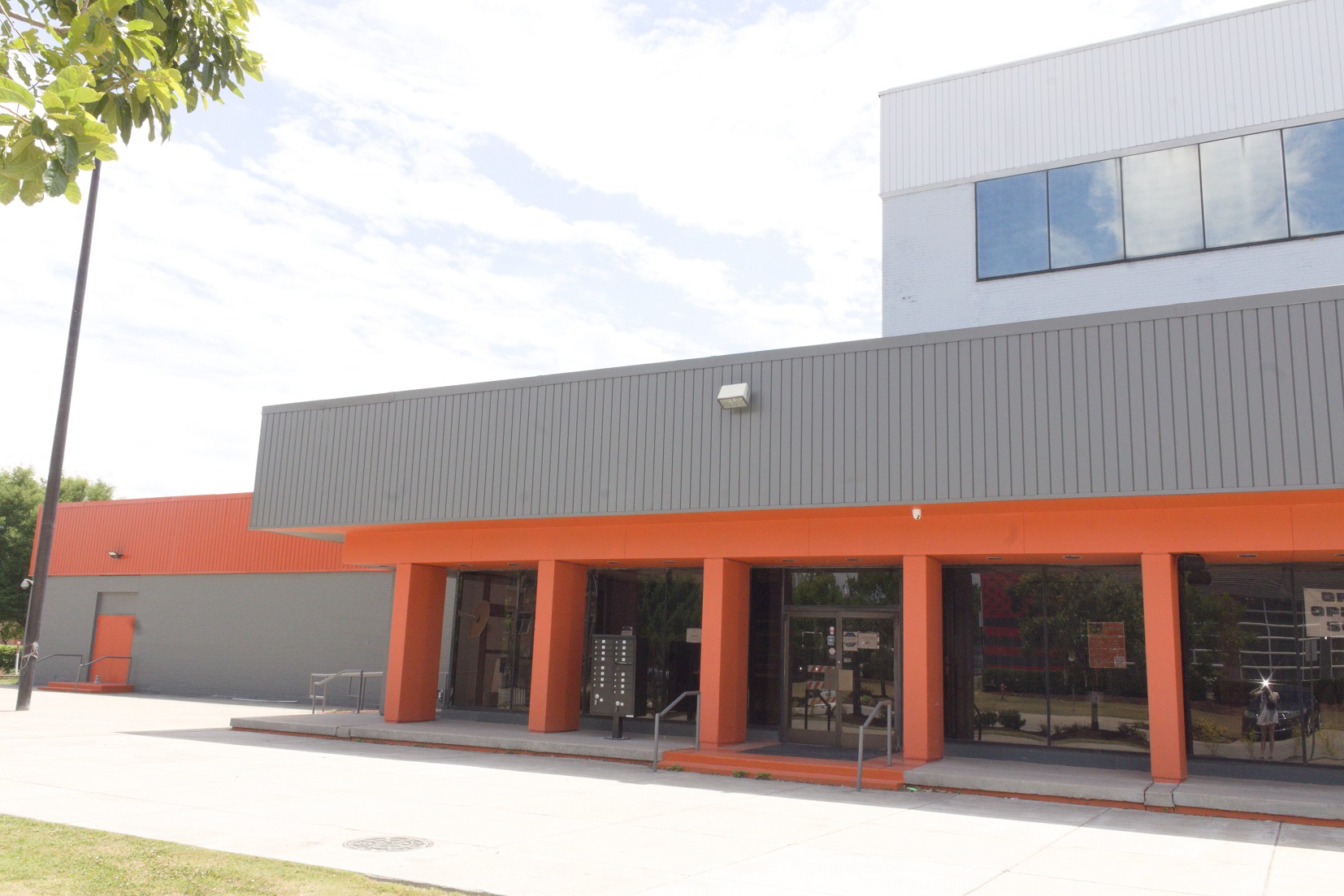
What can Americans expect from the economy as the conflict continues between
Russia and the Ukraine?
Over the last year, the cost of living in the United States has been at an all-time high. The invasion of Ukraine will likely drive prices even higher with inflation and slow down our economic recovery from the pandemic, experts believe. In fact, we’re
already starting to see the effects in oil, gas, and grocery prices.
A key factor in how hard the conflict will impact the economy here will depend on Russia's response to the U.S sanctions set by President Biden. Russia could retaliate by halting oil, natural gas, and other major exports.
According to White House data reported by The Hill, trade between the U.S. and Russia totaled $35 billion in 2019, making it the 40th largest export market for American producers.
Russia is an energy superpower, producing nearly 9.7 million barrels of oil per day last year, as reported by CNN. In the United States the prices of oil have jumped to unseen levels since 2014, and the invasion of Ukraine could derail the Russian
energy supply.
CNN Business stated that if Russian oil flows are disrupted by the crisis, oil prices could jump to $120 a
barrel.
Currently, the national average cost for a gallon of gas is at a seven-year high of $3.50 a gallon and will continue to increase if so. If the steep increases in oil prices do continue, not only will gas prices continue to rise, but natural gas prices could raise home heating and electricity costs. CNN explained that with higher energy costs, it will also make it more expensive for flying, and keep transportation and input costs elevated for businesses already suffering from surging expenses.
The conflict between these two countries will also ensure further
supply chain issues.
Although oil is Russia's major export, both Russia and Ukraine are also large agricultural suppliers of wheat, rye, barley, and other grains. CBS explained that a disruption to the produce industry will send global food prices higher.
CBS also reported that Russia plays a significant role in the production of metals such as aluminum and palladium, while Ukraine is Europe's top producer of uranium, titanium, manganese, iron, and mercury. The sanctions placed on Russia by the
United States have already resulted in the rapid increase in the price of aluminum. Aluminum International Today went on to explain that Russia accounts for six percent of global aluminum production, making it the second largest aluminum producer next to China.
The Ukraine is the ninth largest uranium and sixth largest titanium producer in the world and with worsening conditions due to the conflict there will be economic repercussions globally.
With Russia and Ukraine's involvement in the metals industry, those supplies will decrease and therefore, industries will have to pay more to receive it.
According to CNN Business, if inflation continues to rise and spikes above 10 percent, the Federal Reserve will inevitably struggle to find ways to keep prices for goods and borrowing costs of consumers under control. This will result in a faster
pace of interest rates for consumers on everything from mortgages and car loans to credit cards.
On another note, the conflict between these two countries can result in an unsteady stock market in the United States. A prolonged market downturn would have the potential to wipe out wealthy built-up families in the stock market and retirement
accounts.
With these potential economic impacts, global unrest could startle American consumers, resulting in them cutting back on spending and
partaking in other economic activities.
While these are major concerns across the United States, several factors will impact our community in Fort Bragg and Fayetteville.
The local economy, as the business community here knows, is resilient. However, the issues that will be faced will all depend on factors like the duration of the deployments of Fort Bragg troops and the timeframe that sanctions will last for.
“Obviously, the longer this plays out, the greater the impact,” said Robert Patton, vice president of Fayetteville Cumberland Economic Development Corporation. “If you compare where we're at today economically in the region to where we were, let's say the Gulf War, we have diversified our economy a lot more.”
Across the nation, everyone is also looking over their shoulders for signs of cyberattacks. The conflict in Ukraine has put the U.S. at a major risk. Recently, the New York Post released a statement that Toyota suspended its Japanese production vehicles because of a cyberattack. At this time, however, it is still unclear who
conducted the attack, but following the Colonial Pipeline hacking last year by Russian hackers, and considering an increase in cyberattacks in 2021, cybersecurity is a high priority for many organizations currently.
“I caution everybody to be hypervigilant about cyber threats,” Patton stated. “This will impact us not only globally, but here, as well as supplies and other domestic resources.”
“Some service industries are going to be affected. Unfortunately, we do not know to what extent,” explained Patton. “Let's say your business is running dry cleaners, take that catering towards the military population, and with them not here, the numbers
are going to take a hit.”
Although it is too early to assess the Russia and Ukraine conflict's full impact on the economy in our community and the United States, citizens need to stay on their toes for what is to come.

To wrap up the first day, attendees were able to meet up for a social event at the Brad Halling American Whiskey Ko. in Southern Pines where a $10,000 check was presented to the Joint Special Operations Foundation for their scholarship fund. Photo pr

The three-story, 200,000 square-foot business incubator space is located at 420 Maiden Lane. The building features an elevator, construction has begun on handicap bathrooms for the first floor and the second and third floors feature window walls offering views of Segra Stadium.

Image provided by FTCCFocused on building the local workforce and streamlining the education process through real world learning, the Hope, Opportunity, Prosperity through Education Program at Fayetteville Technical Community College (FTCC), also kno